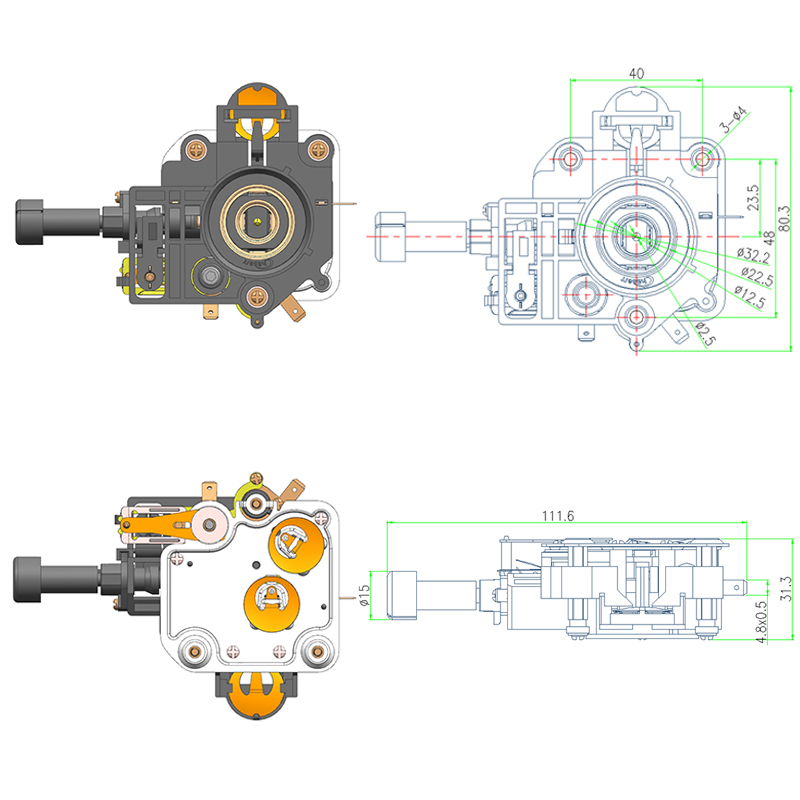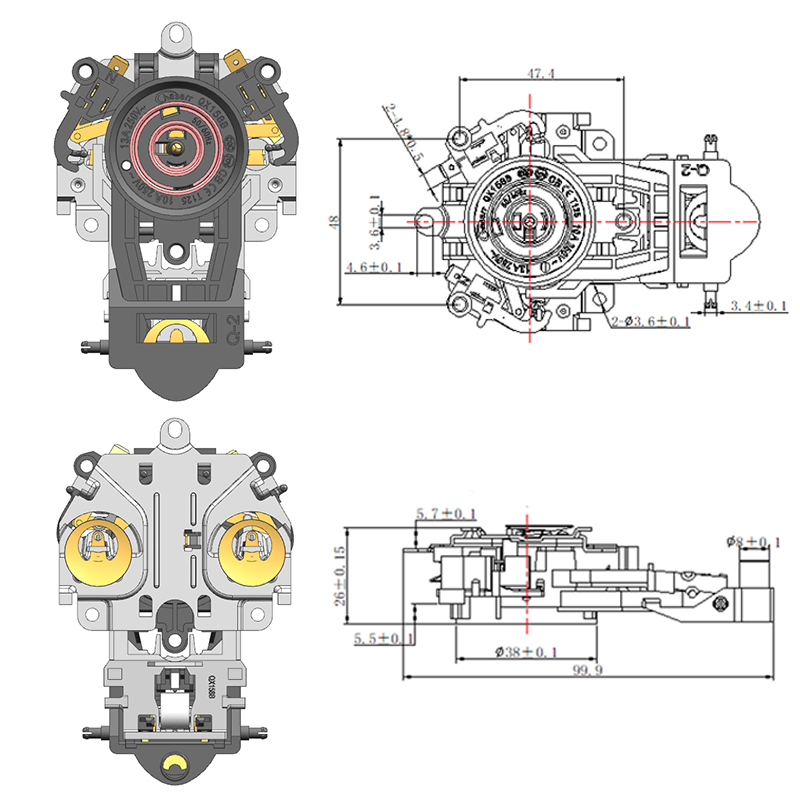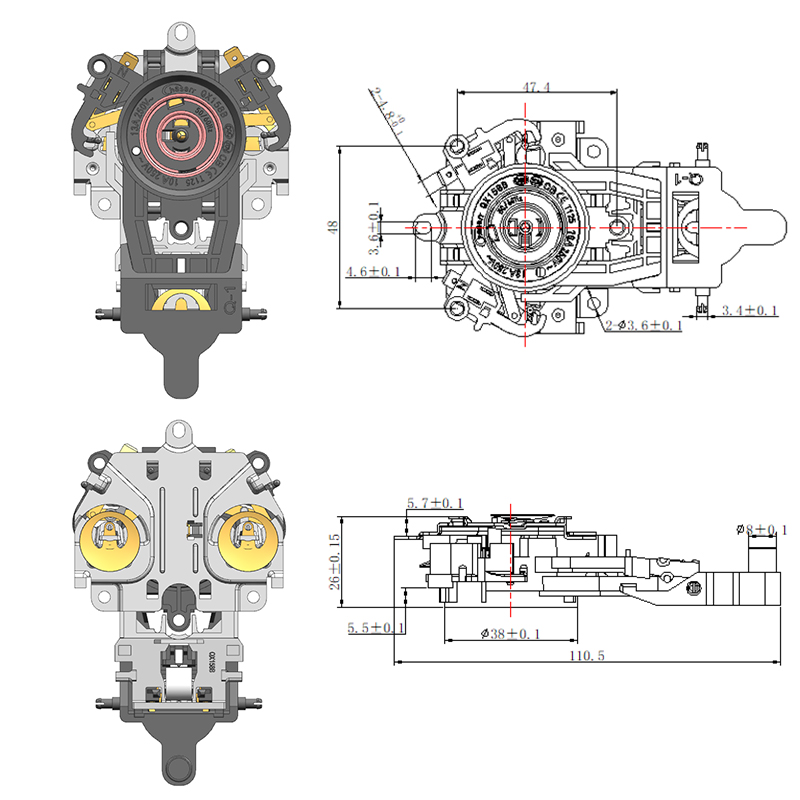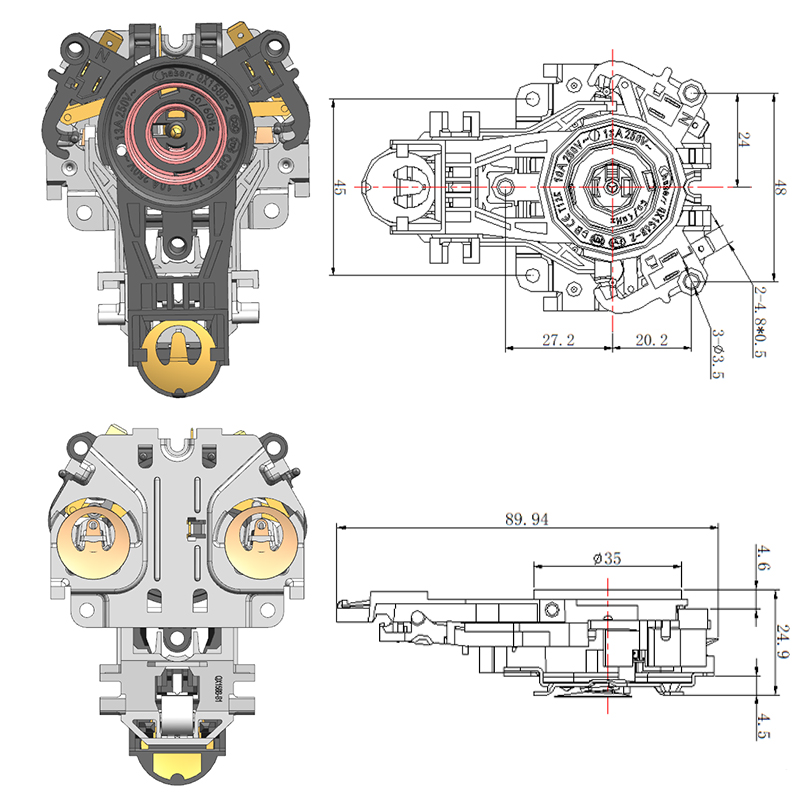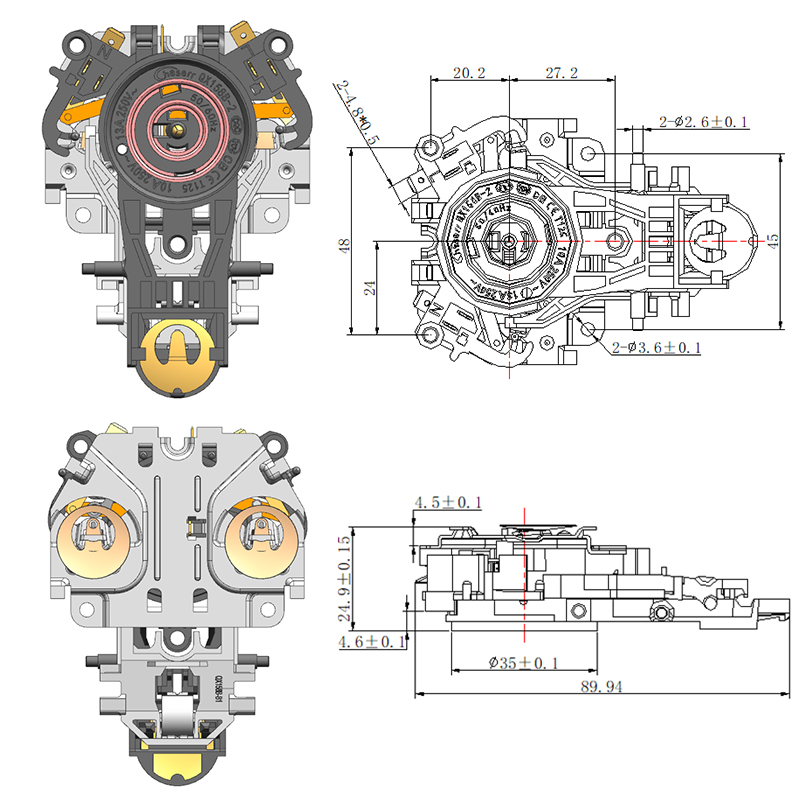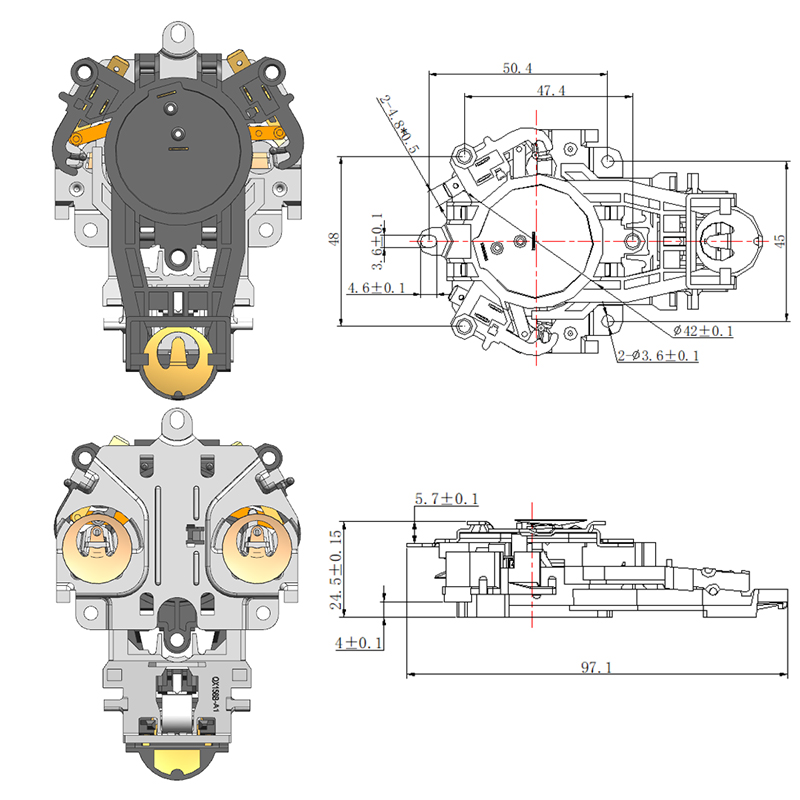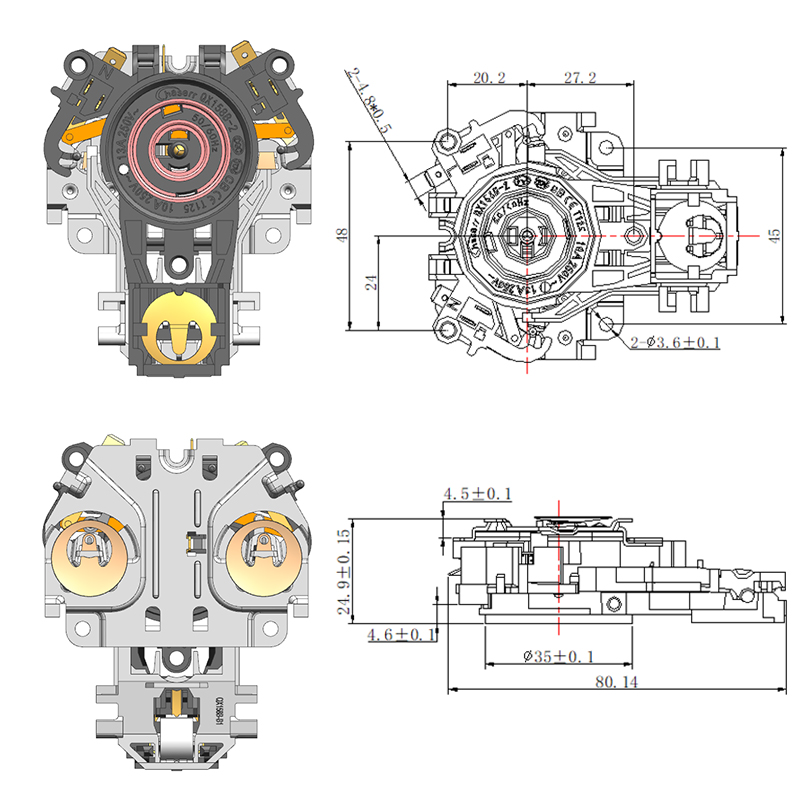Flow Control Accuracy in Water Supply Control Kettle Coupler Systems
Water Supply Control Kettle Coupler has become an essential component in various water distribution and beverage preparation systems. One of its critical performance parameters is flow control accuracy. Accurate flow control ensures that water is delivered at the desired rate, which is vital for consistent operation, safety, and efficiency. Evaluating how precisely the coupler regulates flow helps designers, manufacturers, and users optimize system performance and reduce waste or errors during operation.

Mechanism of Flow Regulation
The flow control mechanism in a Water Supply Control Kettle Coupler typically involves a combination of valves, seals, and pressure-regulating components. When the coupler is engaged, water passes through an internal channel where the flow is controlled by adjustable components. These elements allow fine-tuning of the output rate, ensuring that the water supply remains consistent under varying pressure conditions. The precision of these components directly affects the accuracy of water delivery, which is particularly important in systems requiring exact volume measurements.
Factors Affecting Flow Accuracy
Several factors influence the flow control accuracy of a coupler. The quality of the internal valve and seal materials determines how consistently the flow is maintained over time. High-precision components reduce variations caused by wear or deformation. Second, the system’s operating pressure can affect the coupler’s performance; sudden changes in inlet pressure may temporarily alter the flow rate. Third, temperature variations can influence material expansion or contraction, slightly impacting flow characteristics. Proper design and material selection are therefore critical to maintaining stable and accurate flow.
Impact of Installation and Maintenance
Installation practices also play a significant role in ensuring flow control precision. A correctly installed Water Supply Control Kettle Coupler aligned with compatible connectors ensures leakage and accurate regulation. Misaligned or loosely installed components can introduce flow inconsistencies. Regular maintenance, such as cleaning debris from valves and inspecting seals for wear, helps maintain long-term accuracy. Neglecting maintenance can cause gradual degradation of performance, resulting in inaccurate water delivery.
Applications Requiring High Accuracy
High-precision flow control is essential in applications such as commercial beverage machines, laboratory water systems, and industrial cooling processes. In these settings, even minor deviations in flow can affect product quality, operational safety, or process efficiency. By using a coupler with reliable flow control, operators can achieve consistent results, reduce wastage, and enhance overall system performance. This demonstrates the practical importance of maintaining high flow accuracy in daily operations.
Technological Advancements for Improved Accuracy
Recent advancements in Water Supply Control Kettle Coupler design focus on improving flow control precision through better materials, tighter tolerances, and integrated pressure-regulating mechanisms. Innovations such as self-adjusting valves, reinforced seals, and digital monitoring systems help maintain consistent flow despite variations in pressure or temperature. These technological improvements make modern couplers more reliable and accurate than earlier designs, allowing for greater control in demanding applications.
Ensuring Reliable Flow Control in Coupler Systems
Flow control accuracy is a defining feature of Water Supply Control Kettle Coupler systems. Through precise valve mechanisms, high-quality materials, careful installation, and regular maintenance, these couplers deliver consistent and reliable water flow. Technological advancements continue to enhance performance, making modern couplers suitable for applications requiring stringent accuracy. By understanding and optimizing the factors that influence flow precision, operators can ensure efficient, safe, and consistent water delivery in a wide range of applications.

 English
English  中文简体
中文简体  Español
Español 
